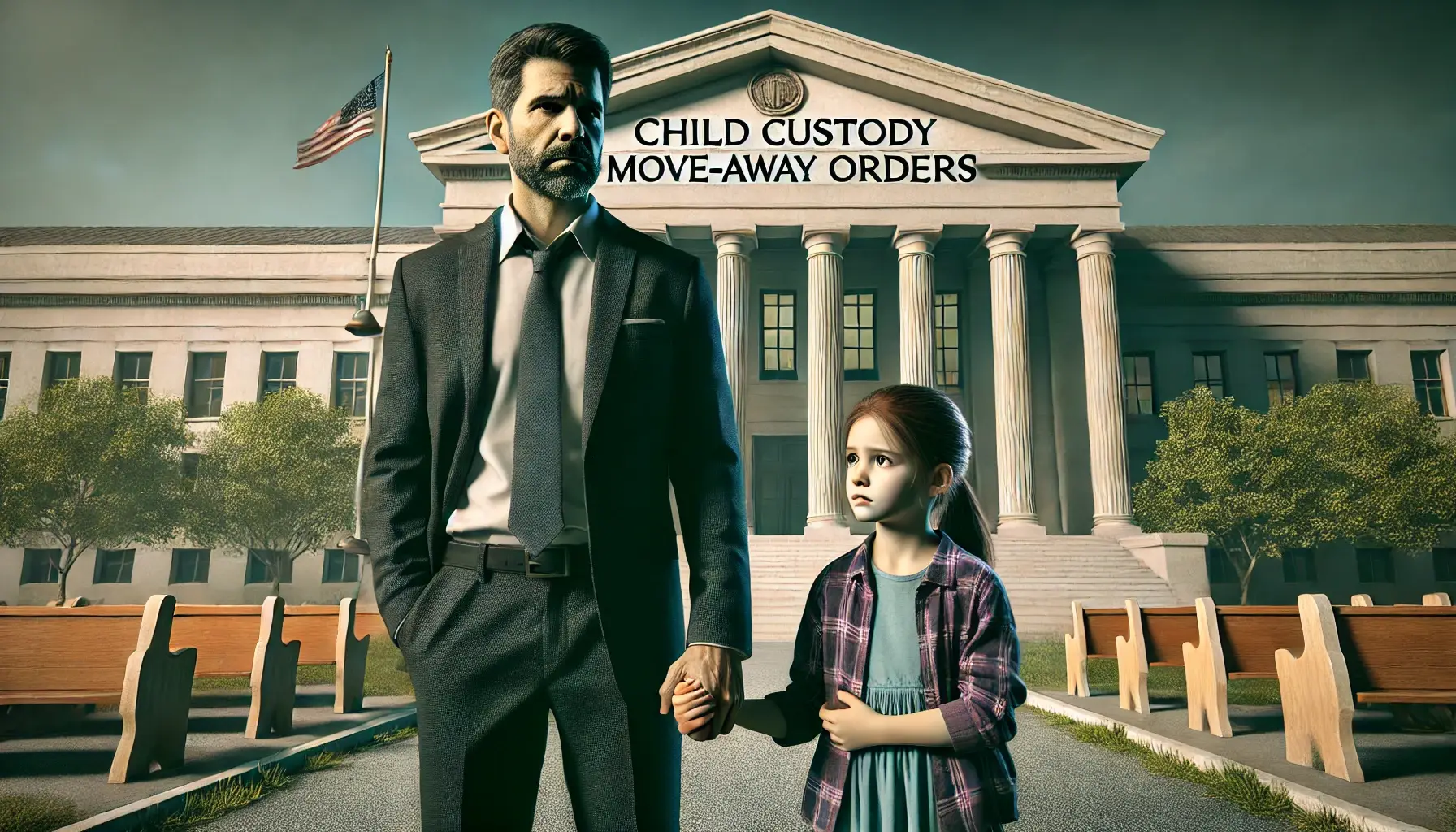Understanding the Benefits of Working with a Divorce Coach
Reduce Stress and Anxiety
The top benefits of working with a divorce coach is explored in this blog article. Divorce can be a highly stressful and anxiety-inducing process. A divorce coach can help alleviate some of the stress by providing you with a solid support system. They work with you to create a plan that fits your unique situation, helping you stay organized and focused on what matters most. Having a coach by your side can make all the difference in reducing your overall stress and anxiety.
Admittedly, most individuals do not understand the benefits of working with a divorce coach. Most people facing divorce would agree that embarking on the divorce journey can be a daunting experience. One of the top benefits of working with a divorce coach is that the coach can help make this process smoother and less overwhelming. Divorce coaches are trained professionals who provide support, guidance, and expertise to individuals going through a divorce. They can help you navigate the legal, emotional, and financial aspects of your divorce with more confidence and ease
Better Decision Making
When going through a divorce, it’s common to feel overwhelmed by the many decisions you need to make. A divorce coach can help you prioritize your decisions and avoid common pitfalls. By working with a coach, you’ll have someone to bounce ideas off of and receive unbiased advice, ultimately leading to better decision making. Imagine if you can reduce your stress and anxiety, then you’re more like to be able to make better decisions. Of course, better decision making should lead to a more favorable outcome of your divorce case.
Emotional Support During Your Divorce
Divorce can take an emotional toll on both parties involved. A divorce coach can be a valuable resource in providing emotional support during this challenging time — which is why it is included as a top benefit.
Coping With Emotional Challenges
The emotional challenges of divorce can be difficult to manage on your own. A divorce coach can help you cope with your feelings, develop healthy coping strategies, and maintain a positive outlook during this trying time. They can also help you set boundaries and work through any issues of guilt, anger, or resentment.
It’s important to know that a divorce coach is not a mental health therapist. The one component of divorce that is challenging for any divorce attorney is a dealing with a client whose emotions are extremely out of control. Although it’s quite understandable that a person is experiencing emotional challenges — after all divorce is a major life change experience.
Rebuilding Self-Esteem and Confidence
Divorce can leave you feeling vulnerable and unsure of yourself. A divorce coach can help you regain your self-esteem and confidence by assisting you in identifying your strengths and areas of growth. They can also provide guidance on how to rebuild your life after divorce, including setting new goals and establishing a fresh sense of identity.
Your self-esteem might be a little bruised because of a divorce, i.e., depending on the reason for the divorce. Sometimes a spouse can be caught off guard when the other spouse files for divorce and you didn’t see it coming. Oh, yes, in hindsight you should have known divorce was on the horizon but really maybe you were too busy tending to children or even managing your career. But the fact is that often times after divorce an. individuals are in need of assistance rebuilding self-esteem and confidence but fail to get the help that you need. This is an area that a divorce coach can provide guidance.
Navigating the Legal and Financial Aspects of Divorce
Divorce involves many legal and financial complexities. A divorce coach can help you navigate these aspects with ease and confidence. So this “top benefit of working with a divorce coach” is a very valuable benefits. So many individuals are not familiar with the legal complexities of the divorce process.
Understanding Legal Processes
A divorce coach can help you understand the legal processes involved in your divorce, including the differences between mediation, litigation, and collaborative divorce. They can also provide guidance on completing necessary paperwork and meeting deadlines. While a divorce coach is not a lawyer, their expertise can help you make informed decisions and feel more prepared as you navigate the legal system.
Creating a Positive Post-Divorce Life
A divorce coach can help you move forward and create a positive life after your divorce.
Co-Parenting Support
If you have children, a divorce coach can provide guidance on how to effectively co-parent with your ex-spouse. They can offer strategies for creating a healthy co-parenting relationship, establishing boundaries, and developing clear communication. This support can help ensure that your children continue to thrive despite the changes in your family dynamic.
Establishing New Goals & Dreams
Moving on after a divorce can be challenging, but a divorce coach can help you identify and pursue new goals and dreams. They can assist you in creating a vision for your future, setting realistic and achievable goals, and developing a plan to help you reach them. With the guidance of a divorce coach, you can begin to create a fulfilling and rewarding life post-divorce.
Closing Thoughts
In conclusion, the top benefits of working with a divorce coach extend far beyond simple guidance and support. A divorce coach can help you navigate the emotional, legal, and financial aspects of your divorce journey while also assisting you in building a positive and fulfilling life after the process is complete. With the help of a divorce coach, you can move through your divorce with confidence, resilience, and a sense of control over your future.
Esther C Moore
Share:
Related Posts

False Drug Accusations in Child Custody Cases
Overview When your co-parent files a motion claiming you’re using drugs—but it’s completely untrue—your world can feel like it’s crashing down. False drug accusations in custody cases are not just personally devastating; they threaten your relationship with your children and your reputation. Many parents facing these false allegations feel helpless and overwhelmed, unsure of how to defend themselves against claims

Credibility of Evidence in Child Custody Drug Testing
Critical Balance Between and Child Safety When a parent requests drug testing in a custody case, courts face a delicate balancing act. They must weigh the accused parent’s privacy rights against the paramount concern for child welfare. Understanding how courts evaluate the credibility of evidence presented in a drug testing motion can help both parents and attorneys navigate this complex

How to Financially Prepare For Divorce
How to Financially Prepare for Divorce Are you facing the possibility of divorce? The financial implications can be overwhelming, but proper planning makes all the difference. This comprehensive guide walks you through the essential financial preparation steps before divorce proceedings begin. Don’t wait until papers are filed to start protecting your financial future—the decisions you make now will impact your

Common Mistakes Parents Make During Child Custody Evaluations
Common Mistakes Parents Make During Child Custody Evaluations Navigating a child custody evaluation can feel like walking through a minefield. One wrong step, and your chances of securing favorable custody arrangements might explode in your face. What makes these evaluations particularly challenging is that most parents have never experienced one before—yet the outcome could dramatically impact your relationship with your

Can I Get a Move-Away Order in California?
Can I Get A Move-Away Order In California? When we talk about family, we know that sometimes the hardest decisions come from a place of deep love and concern. Relocating with your child after a divorce or custody agreement ranks among the most challenging journeys a parent can face. I recently encountered a story on AVVO that touched my heart






